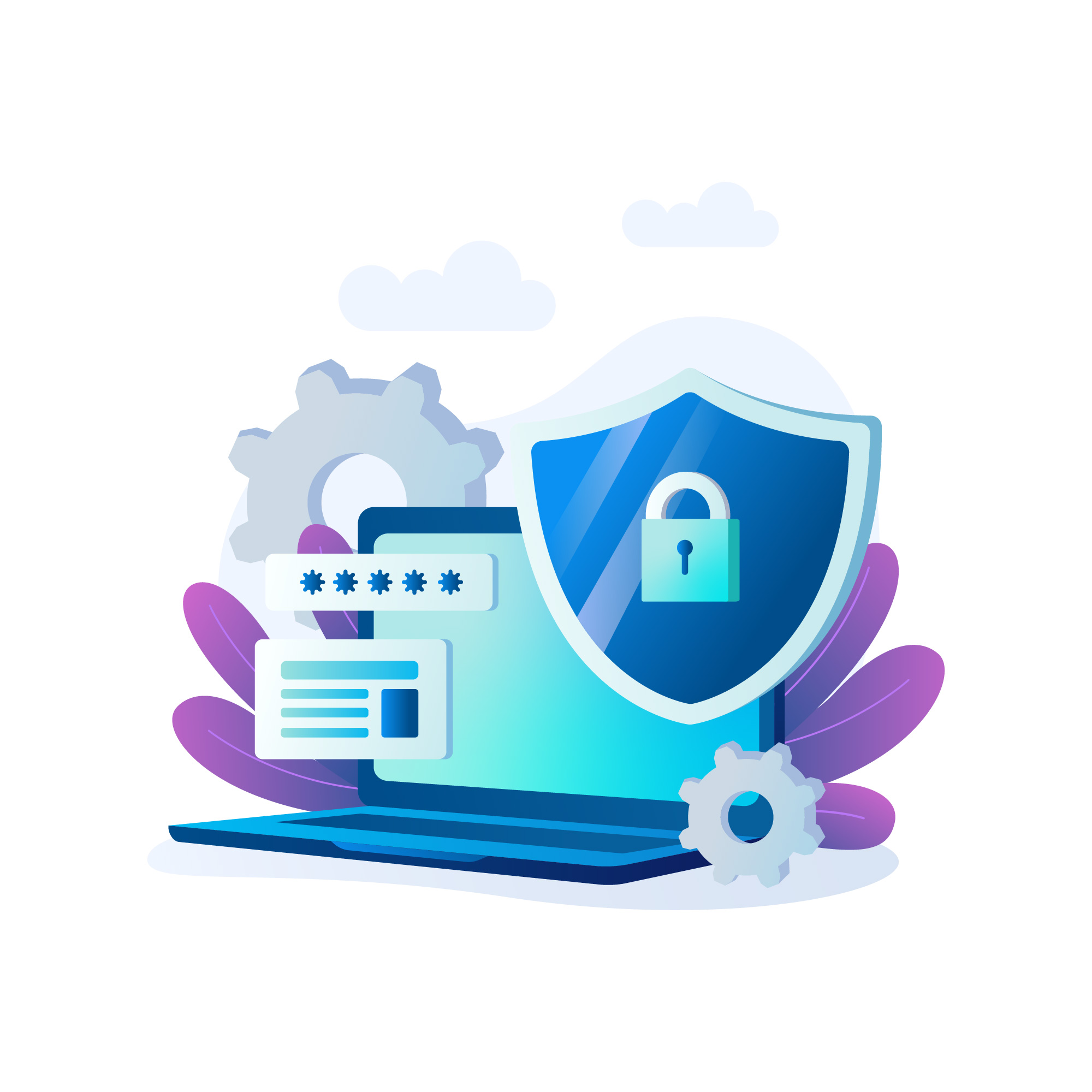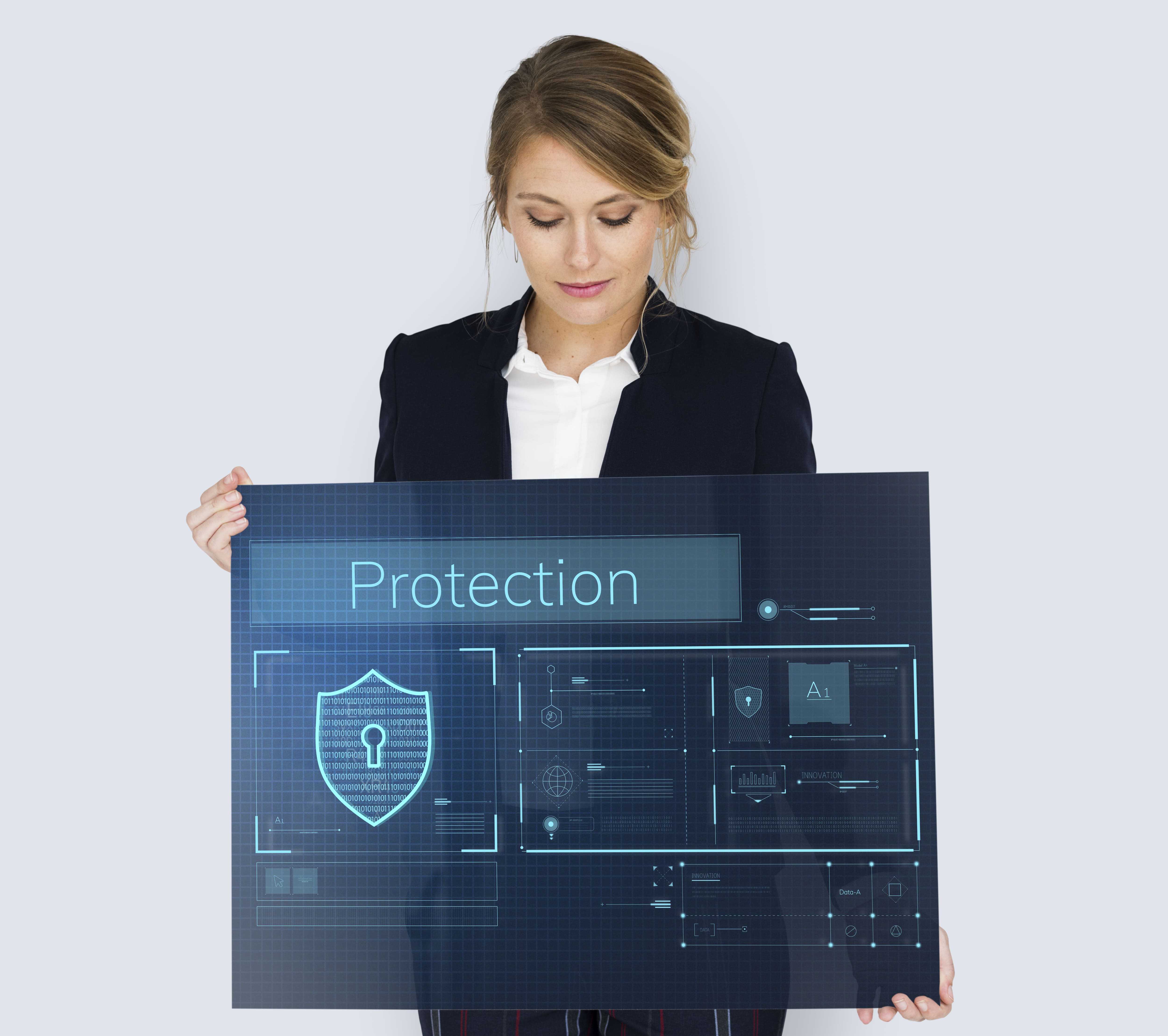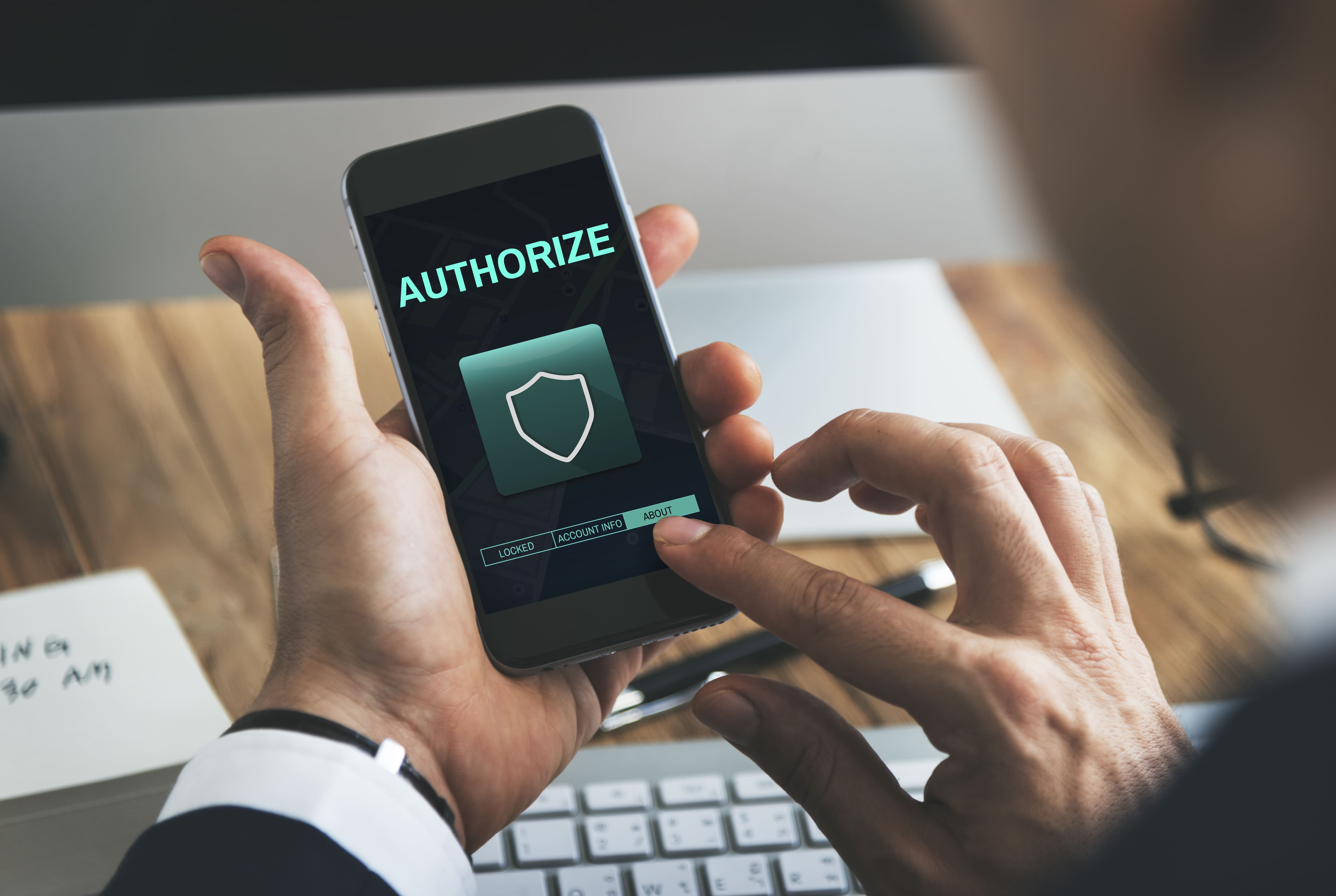
by Rebeca | Sep 13, 2023 | Cliente, cybersecurity, News
Personal data protection is an immensely relevant topic today as businesses confront a growing number of cyber threats and heightened scrutiny from regulators and the general public. The significance of safeguarding personal data cannot be underestimated; it extends beyond compliance with privacy regulations and encompasses preserving customer trust and the integrity of the company in an increasingly interconnected world.
Corporate Responsibility in the Digital Era
In the current digital age, where data flows through global networks at a breakneck pace, businesses bear a significant responsibility to protect the personal information of their customers, employees, and business partners. Personal data protection is not merely a legal obligation; it is an ethical commitment and a fundamental asset for the reputation and continuity of the business. Companies that handle and store personal data must grasp the importance of proactively preserving the privacy of these individuals.
Compliance with privacy regulations such as the General Data Protection Regulation (GDPR) in the European Union or the California Consumer Privacy Act (CCPA) in the United States is essential. Compliance with these regulations involves respecting individuals’ privacy rights, obtaining informed consent for data processing, and ensuring the security of information. However, personal data protection goes beyond rule-following; it involves establishing a data security culture that engages the entire organization and strives to minimize the risk of exposing confidential information.
Building Trust through Data Privacy
Data privacy is not solely a matter of legal compliance; it is a way to build and maintain trust with customers and business partners. Companies that demonstrate a strong commitment to personal data protection not only avoid fines and penalties but also position themselves as industry leaders in terms of reliability and business ethics.
To achieve this level of trust, companies must adopt a comprehensive approach to cybersecurity. This includes implementing technical measures such as data encryption and multifactor authentication, as well as providing ongoing training to employees on secure practices. Establishing an incident response team and preparing for potential data breaches are additional steps to ensure that, in the event of an incident, the company can take swift and effective measures to mitigate the impact.
Personal data protection is a fundamental pillar of cybersecurity within companies. Businesses that understand the importance of this commitment protect themselves from cyber threats while strengthening their position in the market.
At Soffid, we assist you in implementing all the necessary tools for data protection.
Shall we talk?
Image: Freepik

by Rebeca | Aug 16, 2023 | Cliente, cybersecurity, trends
In today’s digital world, maintaining the security of your system is crucial to safeguard your data and your customers’ trust. We understand your concerns and are here to assist you in preventing identity risks and ensuring regulatory compliance effectively.
Imagine being able to anticipate potential threats before they cause harm. With our Identity Risk and Legal Compliance (IRC) service, you can do just that. Our approach is simple yet powerful: safeguard your system and ensure you’re following the best security practices.
What exactly is IRC, and why is it important?
IRC is about identifying and addressing potential risks that could jeopardize the security of your system and sensitive information. Whether you’re handling customer personal data or confidential company information, these threats can be devastating if not addressed promptly.
Our service is based on a comprehensive analysis of your system to detect vulnerabilities. We identify potential weak points that cybercriminals could exploit. But we don’t stop there. We also help you establish robust security measures to mitigate these risks and protect your system.
In addition to security, we also understand the importance of regulatory compliance. Regulations can be complex and ever-changing, but with our service, you don’t have to worry. We ensure that your system complies with all relevant regulations, avoiding penalties and legal issues.
How do you benefit?
First and foremost, you gain peace of mind knowing that you’re one step ahead in protecting your data and customer privacy. You also save time and resources by entrusting us with risk identification and management. And, of course, you strengthen trust in your brand by demonstrating your commitment to security and compliance.
Shall we talk?
Image: rawpixel.com

by Rebeca | Aug 2, 2023 | News, soffid
Multifactor Authentication (MFA)
Safeguarding sensitive information has become a critical priority for individuals and organizations worldwide. With the continuous evolution of cyber threats, traditional username and password combinations are no longer sufficient to protect valuable data. As a result, businesses are adopting more robust security measures, and one popular solution is Multifactor Authentication (MFA).
The Need for Enhanced Security
Passwords alone are vulnerable to hacking attempts, phishing attacks, and data breaches in an interconnected digital world. Users often reuse passwords across multiple accounts, exposing themselves to significant risks. With the rise of remote work and cloud-based services, stronger security measures are imperative.
What is Multifactor Authentication (MFA)?
MFA requires users to provide multiple forms of identification before gaining access to a system or application. Unlike traditional single-factor authentication, MFA combines two or more authentication factors to enhance security.
The Three Authentication Factors: Something You Know, Have, and Are
Something you know: the traditional password or a Personal Identification Number (PIN). While vital, it is no longer the sole line of defense.
Something you have: possession of a physical item, such as a smartphone, a security token, or a smart card. It generates a unique code or prompts an approval notification for verification during login.
Something you are: unique biometric information, such as fingerprints, facial recognition, or voice recognition, adding an extra layer of security.
The Benefits of MFA
Enhanced security: by combining multiple authentication factors, MFA significantly reduces the risk of unauthorized access, acting as a potent deterrent against cyberattacks.
Protection against phishing: MFA’s reliance on physical possession or biometric data makes it challenging for cybercriminals to steal factors through phishing attempts.
Regulatory compliance: many industries and data protection regulations now require the use of MFA to safeguard sensitive information, ensuring compliance.
At Soffid, we recognize the importance of protecting sensitive information from evolving cyber threats. Our Multifactor Authentication solution offers flexible and robust options for businesses.
Shall we talk?
Picture: Imagen de rawpixel.com en Freepik

by Rebeca | Jul 5, 2023 | Cliente, cybersecurity, fintech, soffid, trends
Nowadays, financial technology companies (fintech) have revolutionized transactions and financial management. However, this rapid growth brings the urgent need for robust cybersecurity measures. As fintech becomes a prime target for cybercriminals, proactive protection of transactions and financial data is critical.
Security Challenges in Fintech
Fintech companies face data security risks due to their handling of sensitive information, including banking data, credit card numbers, and transactions. Consequently, they become attractive targets for unauthorized access. Additionally, sophisticated phishing attacks take advantage of users’ trust in fintech, seeking to obtain personal and financial information. This poses an ongoing risk of identity theft, as attackers impersonate legitimate fintech entities for fraudulent activities. Moreover, fintech’s heavy reliance on technology exposes them to potential infrastructure security breaches. These breaches can occur due to software vulnerabilities, misconfigurations, or a lack of security updates.
Solutions for Strong Cybersecurity
To enhance cybersecurity in fintech, it is important to implement robust authentication measures such as multifactor authentication (MFA) and biometrics. These methods restrict access to authorized users, providing an extra layer of security against compromised accounts. Empowering fintech users with security best practices is crucial. Educating them on identifying fraudulent messages, creating strong passwords, and protecting their devices reduces the risk of falling into cyber traps.
Regular security audits play a vital role in identifying vulnerabilities within the IT infrastructure. By conducting these audits frequently, fintech companies can promptly apply patches and updates to defend against the latest cyber threats.
Collaborating with cybersecurity experts is highly recommended. Partnering with specialized firms allows access to services like risk assessments, penetration testing, and security consulting. This collaboration helps identify and mitigate potential threats effectively.
Adhering to relevant security standards and regulations, such as the General Data Protection Regulation (GDPR), ensures the proper protection of users’ personal and financial data. Compliance with these regulations is essential for maintaining trust and safeguarding sensitive information.
As fintech companies continue to reshape the financial landscape, prioritizing cybersecurity is of utmost importance. By addressing data security risks, phishing attacks, infrastructure vulnerabilities, and implementing robust authentication methods, these companies can establish a strong defense against cyber threats. Collaborating with cybersecurity experts and adhering to relevant regulations further enhances protection.
At SOFFID, we understand the criticality of cybersecurity in today’s digital world. Our expertise and comprehensive solutions can help safeguard your company’s security and data integrity.
Shall we talk?

by Rebeca | Jun 28, 2023 | Cliente, cybersecurity, Home, soffid
In today’s work landscape, remote work is on the rise, requiring organizations to adapt security measures.
We want to emphasize the importance of implementing best practices to ensure the security of remote workers.
The Role of VPNs in Remote Work Security Remote employees often relies on unsecured networks, like public Wi-Fi, which poses security risks. Encouraging VPN use is crucial for secure connections. Benefits of VPNs include data encryption, IP address masking, and preventing unauthorized access to sensitive information.
Prioritizing Software Updates Outdated software exposes remote workers to vulnerabilities, making them prime targets for cyber attacks. Regularly updating operating systems, applications, and security patches is essential. Enable automatic updates and educate employees about the risks of neglecting updates.
Promoting Strong Password Hygiene Remote workers must maintain strong passwords for enhanced security. Encourage unique, complex passwords for each account and emphasize the importance of password managers. Educate employees about the risks of password reuse and the benefits of multi-factor authentication (MFA).
Educating Employees about Social Engineering Social engineerings attacks, like phishing and pretexting, are prevalent threats. Increase awareness among remote workers about common tactics used by cybercriminals, such as email scams, malicious links, and impersonation. Provide practical tips for identifying and reporting suspicious activities, emphasizing scepticism and verifying requests.
Implementing Endpoint Security Measures Safeguarding endpoint devices used by remote employees is crucial to protect sensitive data. Encourage the use of reputable antivirus software, firewalls, and intrusion detection systems. Highlight the importance of enabling encryption for data-at-rest and data-in-transit, ensuring remote workers’ devices are adequately protected.
Establishing Secure File-Sharing Practices Remote collaboration often involves sharing files and documents. Educate employees about secure file-sharing practices, such as using encrypted file transfer protocols, avoiding public file-sharing services, and implementing access controls to limit unauthorized access.
Conducting Regular Security Awareness Training Continuous education is key to maintaining a strong security posture. Encourage businesses to conduct regular security awareness training for remote employees. Cover topics like recognizing phishing emails, practising secure browsing, and promptly reporting security incidents.
Maintaining the security of our company is crucial to ensuring that information is always in good hands. At Soffid, we create the security solution that best fits your business model.
Shall we talk?






